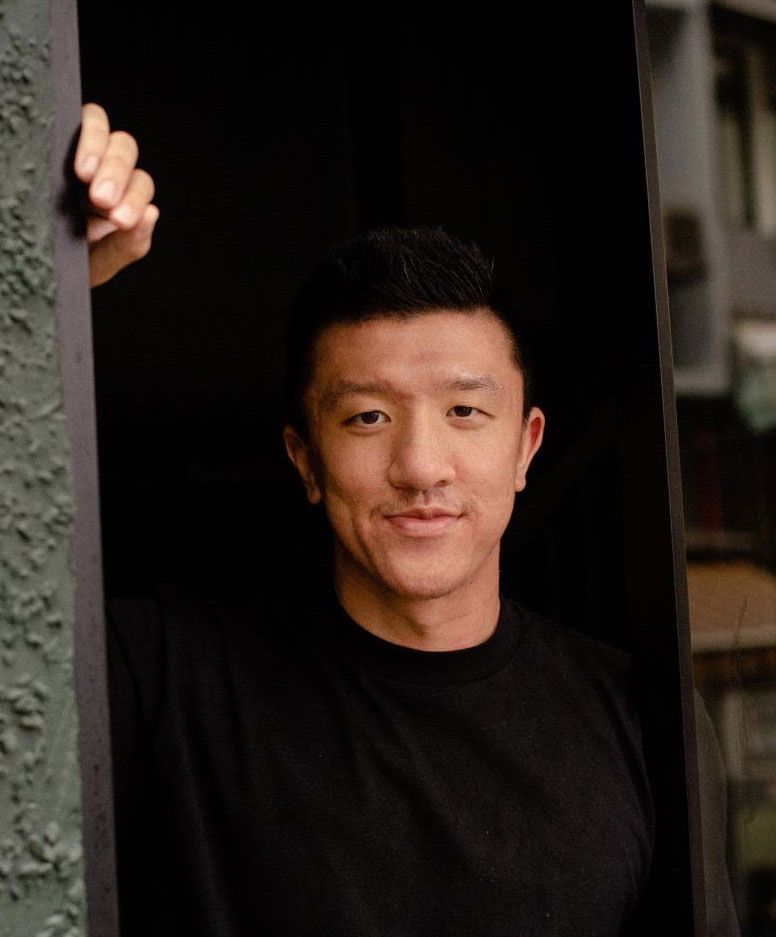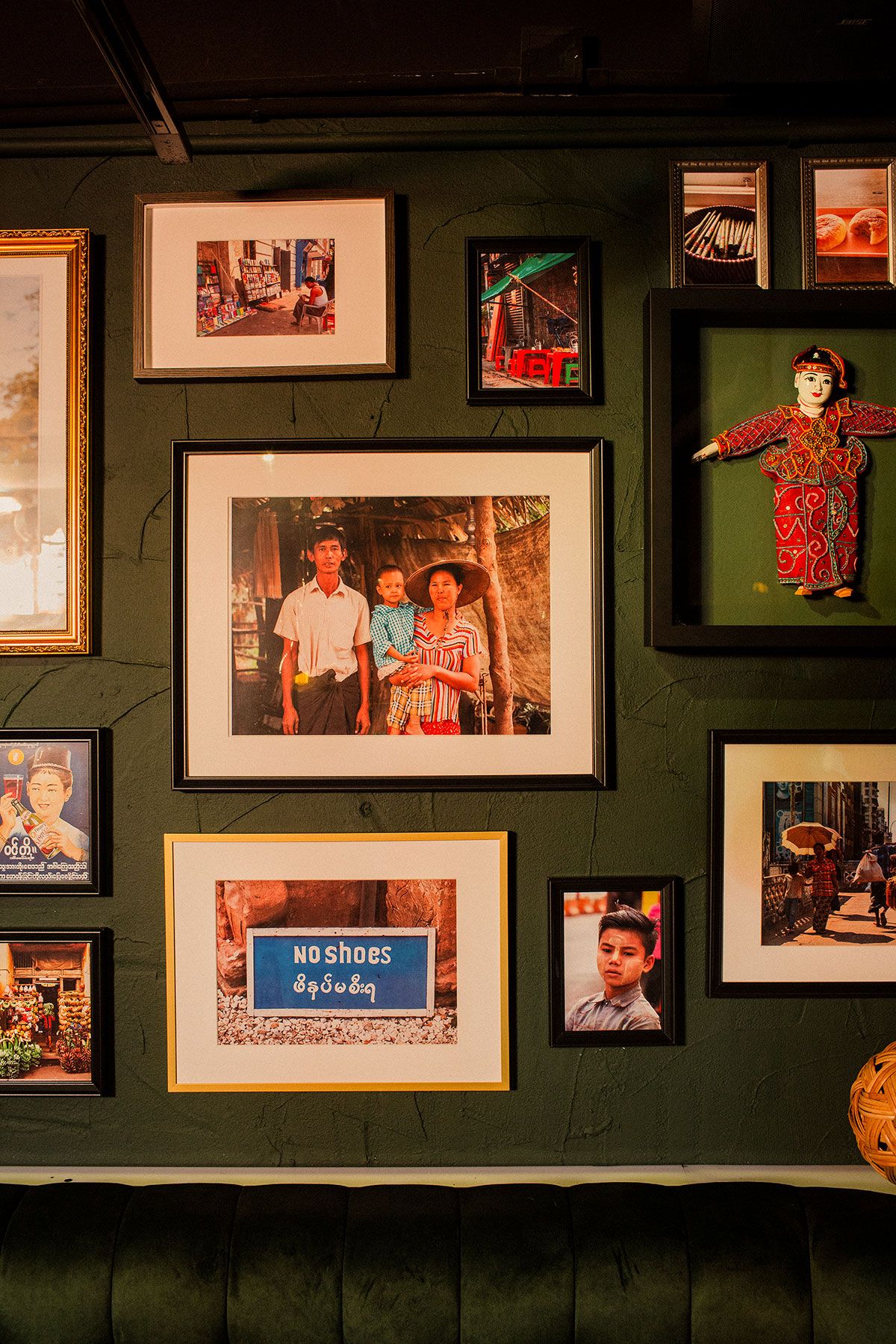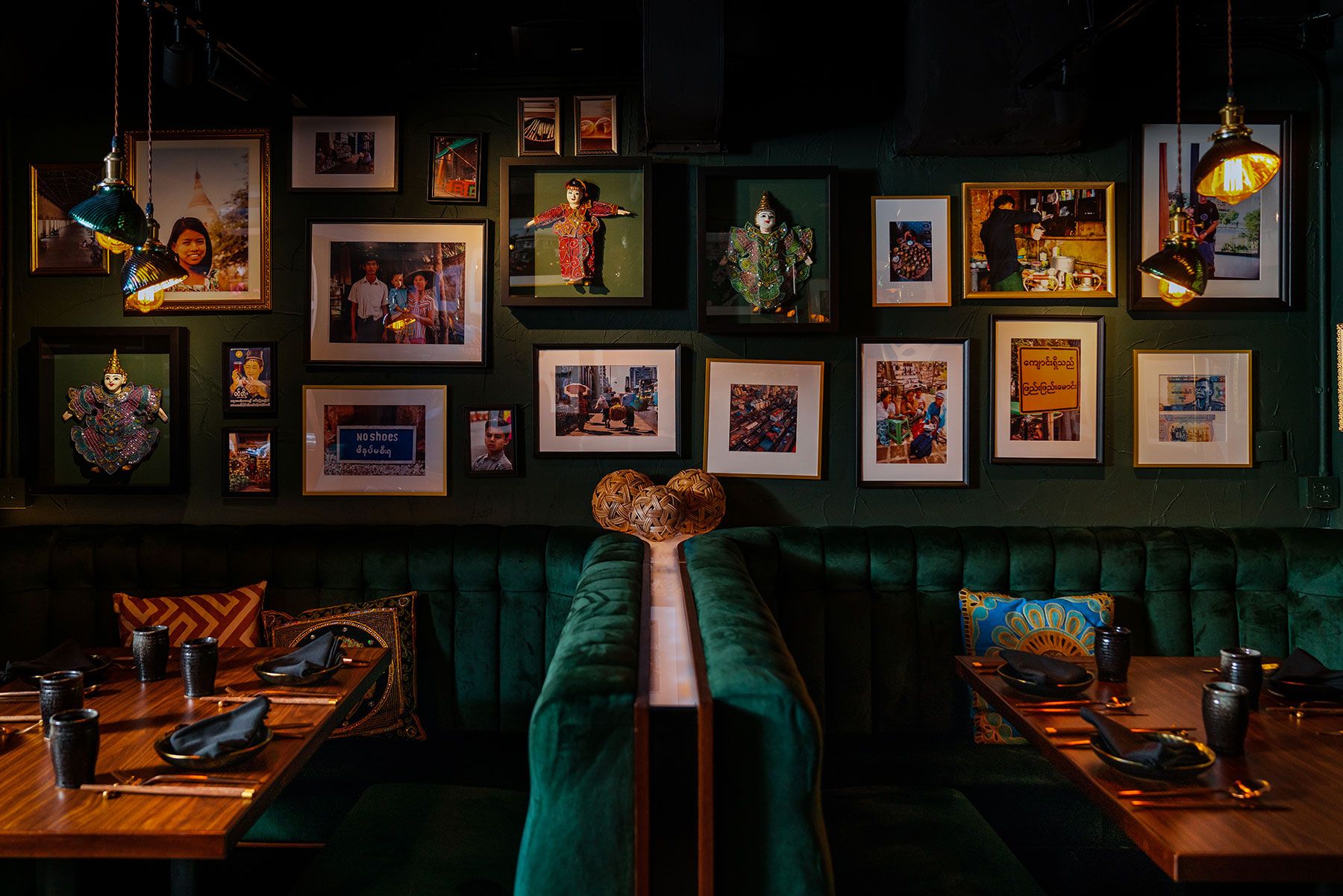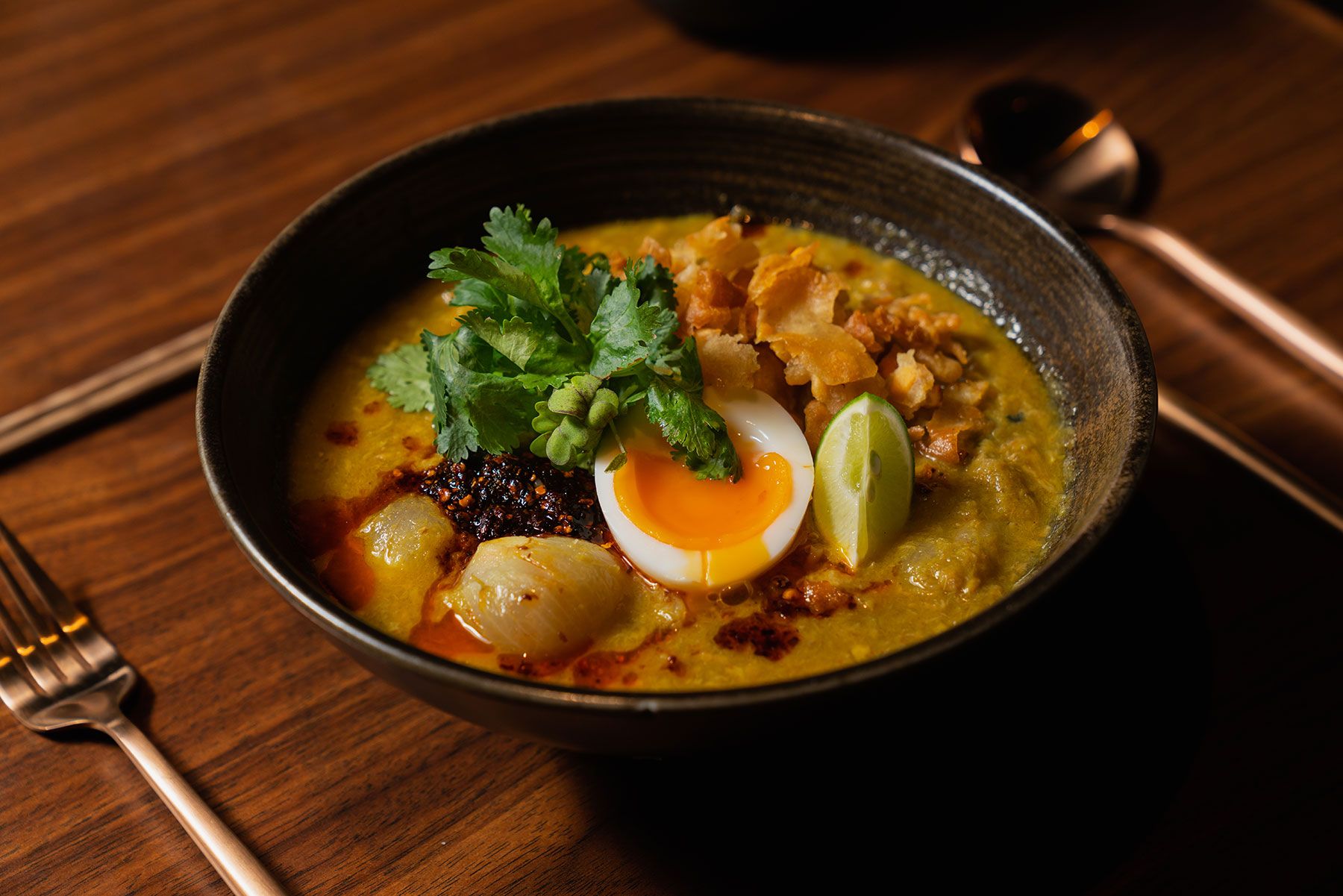As Hong Kong's only Burmese restaurant, Club Rangoon found itself in a balancing act as a military coup turned life in Myanmar upside down overnight
Walk into Club Rangoon's Aberdeen Street space on any recent day and nothing would seem amiss—smartly dressed creatives are brunching and chatting with unfettered abandon, upbeat funk mixed with Burmese pop blares over the speakers, and just out the back entrance on the steps of Mee Lun Street, residents from the neighbourhood are gathered alfresco with coffee and craft beers in hand.
But there's a white elephant in the room: a feeling that something much larger and entirely more consequential is happening beyond the restaurant's four walls; a feeling that will be uncomfortably familiar to every person who found themselves in Hong Kong throughout 2019. This time though, the source of the unease is in Myanmar, 2,000 kilometres away.
See also: Asia's Most Influential: Ko Swe Win, Editor-In-Chief of Myanmar Now


"It was surreal to wake up to the news on the 1st of February," says Nelson Htoo, the founder of Club Rangoon, recalling the day Myanmar's military junta seized power and declared a year-long state of emergency in a bid to overturn the results of a nationwide democratic election. "There was a communal feeling of shock, frustration, and uncertainty—feelings that were all too familiar for most Burmese people.”
In the two intervening months of political and civil unrest, the situation has deteriorated beyond the pale: widespread resistance across the Southeast Asian country that took the form of general strikes and street protests were met by the military government, at first with the imposition of curfews and internet blackouts, and later, by lethal force as soldiers began opening fire on protestors.
Htoo, like many young Burmese, has been glued to social media for real-time updates and to share news of the mounting human rights violations. Yet unlike many of his peers, he has lived half of his life abroad—first in Singapore for schooling, and later in Hong Kong, where he now owns and operates the city's only Burmese restaurant. Offering little-known Burmese classics that Htoo grew up with in Yangon—such as laphet thoke fermented tea leaf salad and mohinga, a rice noodle dish in catfish broth widely considered Myanmar's national dish—Club Rangoon often serves as the first physical encounter many Hongkongers have with Burmese food and culture during normal times.
See also: 'Love Our People Like You Love Our Food': How Overseas Asians Are Fighting Racism With Food

